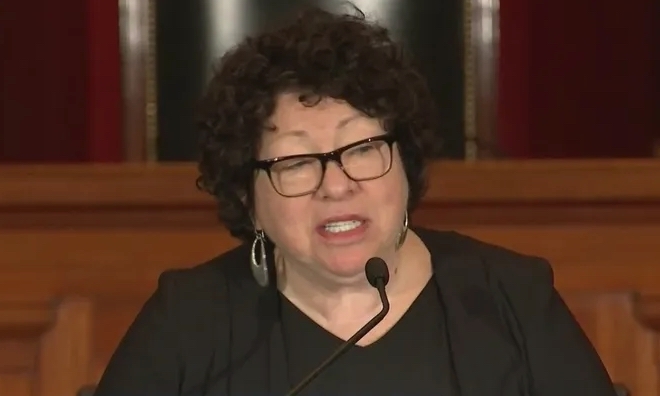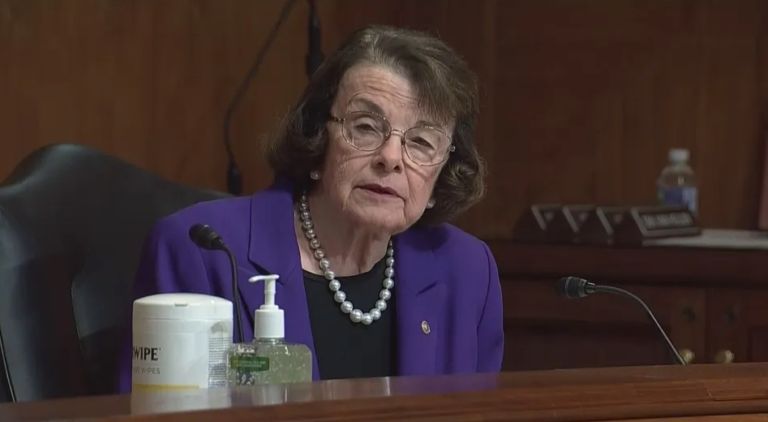Editors at National Review Online ponder a former Democratic Senate leader’s role in creating today’s American judiciary.
Ten years ago, … Harry Reid, Chuck Schumer, and Senate Democrats shattered a long-standing norm by abolishing the filibuster for judicial and executive-branch nominees other than Supreme Court justices. What followed was an object lesson in why the long-settled norms of American governance — the background rules of the game that both sides play under in seeking popular mandates and exercising the powers that elections confer — should not be lightly discarded.
This is old Burkean wisdom: Drastic changes to the system may produce results you didn’t anticipate and won’t like. Those in power should not tear down restraints they might need later when out of power. In blunter terms, paraphrasing a saltier expression, mess around and find out.
Democrats should have learned that lesson from the Ethics in Government Act of 1978, which created the independent counsel. It seemed like a great idea when these runaway prosecutors were tormenting the Reagan and first Bush administrations. Not until it was turned against Bill Clinton and his cabinet did Democrats see the wisdom of its conservative critics and allow the statute to expire. Reid chose to learn that same lesson the hard way.
The Senate filibuster for judicial nominees acted as a moderating force. That long worked to the advantage of Democrats who prefer a judiciary that does nothing so radical as enforce the law as written. …
… But, when Republicans filibustered some of Obama’s nominees, Democrats changed their tune and decided to end the very tool they had used to stop Republican appointees. After November 21, 2013, a simple majority in the Senate would do. At the time, we editorialized that Democrats “show themselves to be hypocrites on the matter at hand and also on the subject of hypocrisy — call it hypocrisy squared.” Senate Minority Leader Mitch McConnell warned Reid that “you’ll regret this, and you may regret this a lot sooner than you think.” Rarely has a warning from a political opponent been so richly vindicated by subsequent events.


